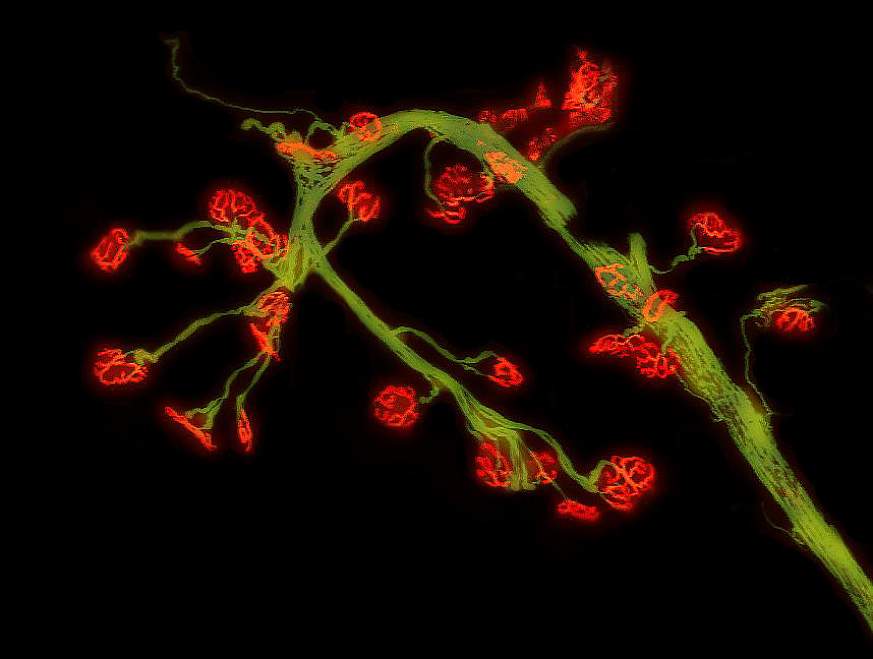You are here
The Promise of Precision Medicine
Rare Diseases

Rare diseases were once considered medical curiosities with little public-health impact. But though such diseases are individually rare, collectively an estimated 25 to 30 million Americans are affected. NIH’s Undiagnosed Disease Program focuses on the most puzzling medical cases referred to the NIH Clinical Center in Bethesda, Maryland. UDP has received nearly 10,000 inquiries, reviewed more than 3,000 applications, and admitted about 900 patients to the NIH Clinical Center for comprehensive weeklong evaluations. Some of these patients with rare diseases have taught us more about common conditions such as osteoporosis, kidney stones, and viral infections. Building on the early successes of the NIH UDP, NIH has extended the program into a network of sites across the country. Advances in diagnosis of rare diseases are gratifying, but are not enough: Of the 7,000 identified rare and neglected diseases for which we know the molecular cause, only about 500 have approved treatments. Through the Therapeutics for Rare and Neglected Diseases program of the National Center for Advancing Translational Sciences (NCATS) and other research efforts, NIH is collaborating with multiple partners to speed up the development of effective treatments.
Tracking Children’s Health
NIH research has taught us that many diseases take root in the body long before symptoms show up, perhaps early in life or even before birth. Many experiences and exposures during sensitive developmental windows throughout childhood can have long-lasting effects on health. NIH recently launched the Environmental influences on Child Health Outcomes (ECHO) Program, a 7-year research initiative, that aims to determine what factors give children the highest probability of achieving the best health outcomes over their lifetimes. In particular, ECHO is focused on lung health and development, obesity, and brain and nervous system development. To discover factors that contribute to these health issues, and to identify ways for as many children as possible to have optimal health outcomes, ECHO is following about 50,000 children from diverse backgrounds.
This page last reviewed on November 16, 2023
